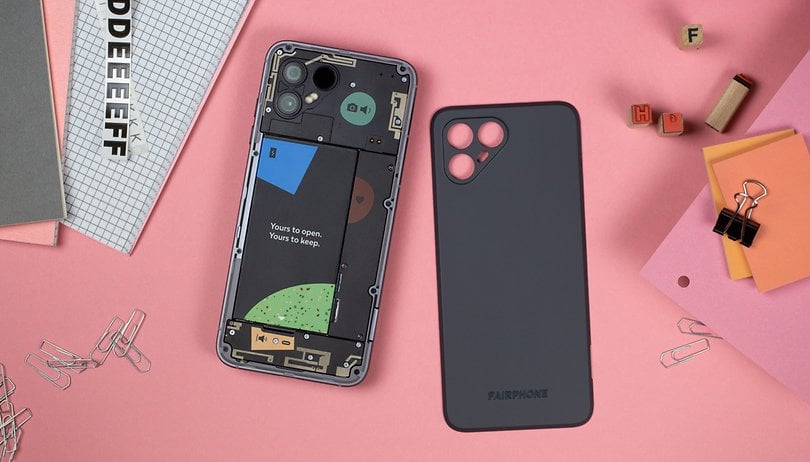EU wants replaceable batteries: a step backwards for smartphones?


Read in other languages:
Batteries in smartphones, notebooks, and other devices are to be replaceable again in the future. This is the target of a new proposal by the European Parliament, which is intended to ensure greater sustainability. But how could this affect the technologies we have become accustomed to from smartphones?
TL;DR
- European Parliament proposal insists that batteries in smartphones, notebooks, headphones, and other tech should become replaceable.
- This is an essential step for sustainability, as batteries would become more recyclable and devices more repairable.
- It could, however, cause implications with IP certification, design and quick charging.
The European Parliament's decision is set to take effect as early as Jan. 1, 2023. According to a European Parliament press release, batteries in smartphones, notebooks, and other technology would soon be replaceable by users without special tools. Thus, they should no longer be glued or firmly attached to the casing.
The aim of the proposal is to ensure sustainability in several respects. The double goal here is for technology to become more repairable by implementing new rules and increasing recyclability for the battery components. As Gamestar writes, the EU Parliament wants to increase the recycling rate to 90% by 2026.
What does this mean for future smartphones?
Even though the new rules still have to go through further processes in the EU Parliament, we can already speculate how the changes could affect smartphones in Europe. The fact that batteries have been permanently encased in smartphones has allowed for comfort features in recent years that might otherwise be difficult to implement.

The first thing that comes to mind is water resistance, which would be much more difficult to achieve with cases that have a removable back. The manufacturer Fairphone only manages an IP54 certification in the Fairphone 4, with which you should not submerge the phone even temporarily.
Furthermore, the need for easier replacement could have an impact on the design of future smartphones, and quick-charging could also suffer from the ruling. This is because, in order to be able to charge phones at 60, 80, or even 120 watts without safety or longevity concerns, manufacturers have to install various sensors in the device and divide the battery power among several cells.
Despite these potential drawbacks, replaceable cell phone batteries are always something you wish for in the comments. Do you welcome the EU Parliament's proposal or are you skeptical? Would you like to see something similar happening in the US?
Source: GameStar, European Parliament Press Office














"without special tool" this special tool incude screwdriver or any screw?
I'm all for it.